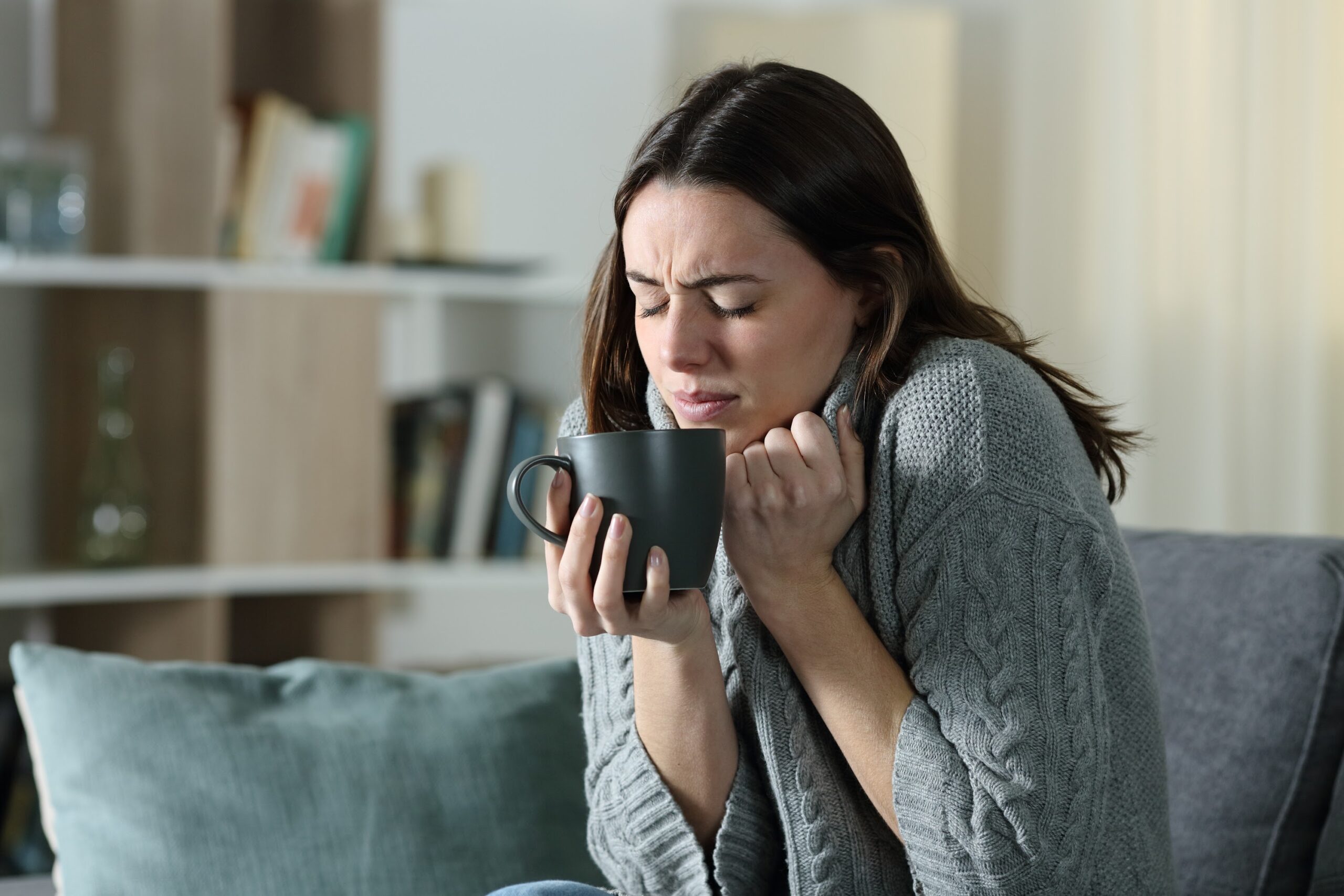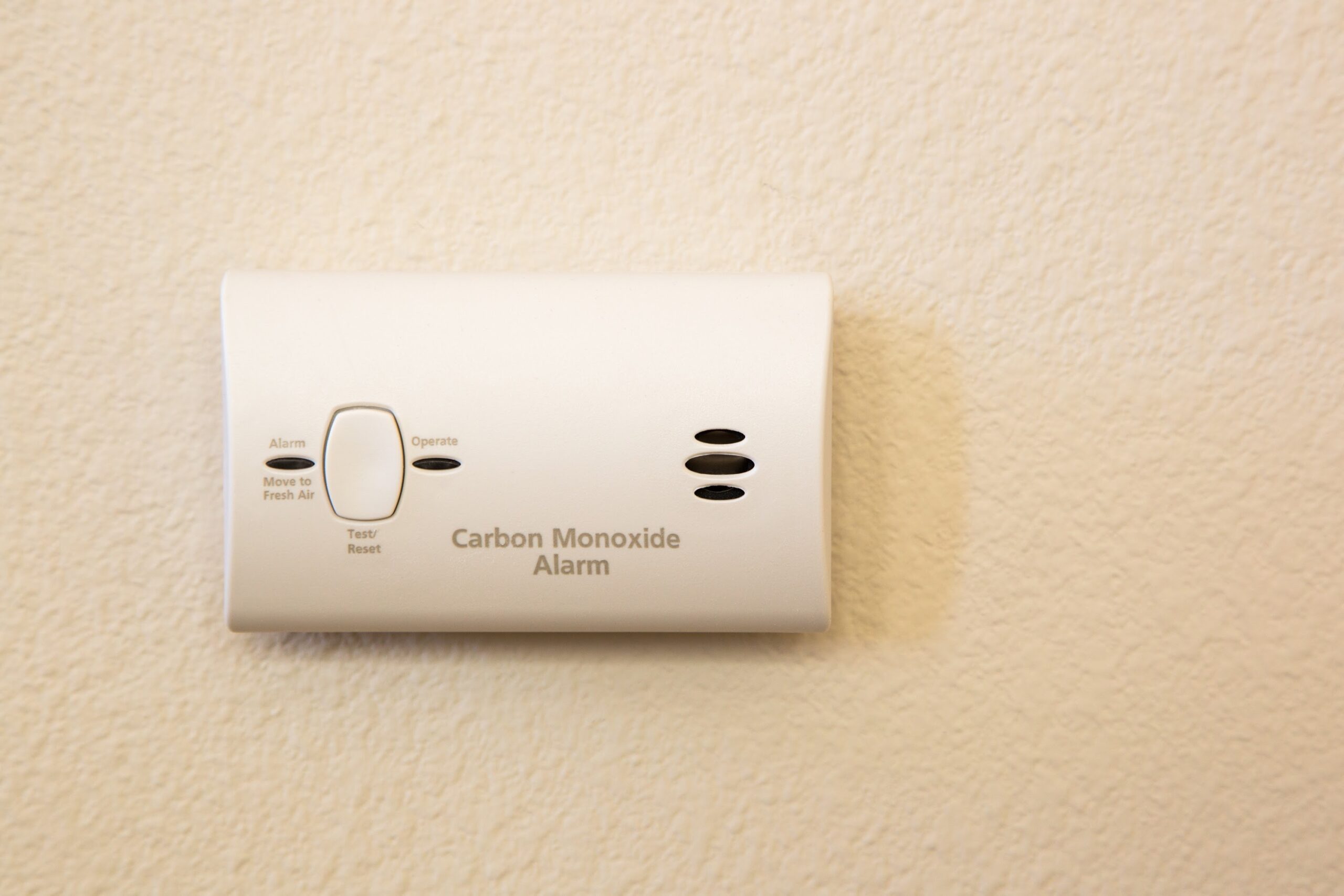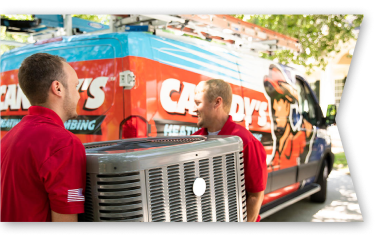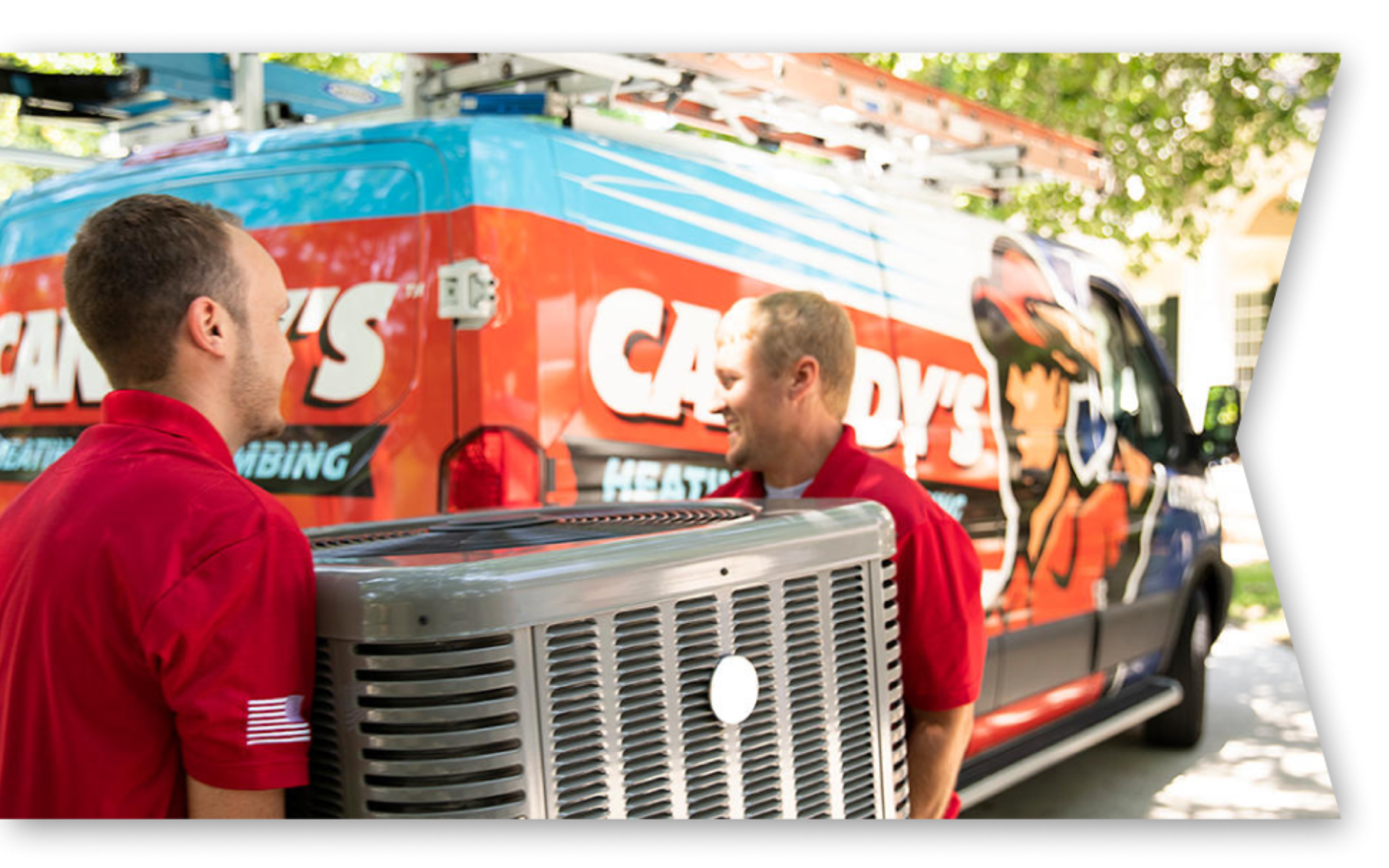While we muddle through the last few weeks of winter in Coastal Georgia, there’s nothing more comforting than walking into your home and being surrounded by warm air. People are typically concerned about their heating system working properly solely for warmth, but there’s also another huge reason we need to make sure our systems are functioning correctly – the risk of carbon monoxide poisoning. Carbon monoxide poisoning is something we all need to think about, especially during the winter months when we fire up our heating systems. To get you more familiar with the relationship between HVAC systems and carbon monoxide poisoning, here’s the basics on what you need to know to stay safe.
Can your HVAC unit cause carbon monoxide poisoning?
When we hear about a carbon monoxide leak, our minds may instantly jump to thinking the source must have been from a running car, gas stove, or fireplace. Since HVAC units are constantly running, it may be overlooked as a source, but faulty heating systems are also a common cause of leaks since your furnace is burning fuels. While this may seem scary, if your heating system is installed and running correctly, you are safe from carbon monoxide poisoning. However, if you run an older furnace, you are more likely to face a carbon monoxide leak, because they are more inclined to have some simple but deadly wear and tear, including cracks in the combustion chamber, leaking seams, and more.
What are the signs of carbon monoxide poisoning, and what should I do if I suspect a leak?
The dangerous thing about carbon monoxide is that it’s an odorless, colorless gas, so if you are not familiar with the symptoms of carbon monoxide, you may not even realize that you are feeling sick due to a leak. Early signs of carbon monoxide poisoning include headaches, shortness of breath, weakness, and dizziness. If you don’t catch these signs early, you may start to experience nausea and vomiting, blurred vision, confusion, or loss of consciousness. Long-term exposure to carbon monoxide can lead to ongoing medical problems and can also be life-threatening.
If you experience any of these symptoms, you and everyone in your home need to take action right away. You should evacuate your home immediately, call the fire department to check out the home, and head to the emergency room just in case you were exposed to a dangerous level of carbon monoxide.
How can you decrease the risk of carbon monoxide poisoning?
First things first – to protect yourself and your family from carbon monoxide poisoning, you should always have carbon monoxide detectors installed on every floor. While these detectors are often your first alert of a leak, they only detect high, dangerous levels of carbon monoxide poisoning, meaning you could have a leak from your HVAC system for days without knowing.
To prevent carbon monoxide leaks from happening in the first place, you should schedule an annual tune-up for your HVAC system from a qualified company like Canady’s before each year. This way, our professionals can spot cracks in the system, blocked vents, or any other possible threats. If your heating system is old and may be a threat to your safety, we can also install a new furnace for you, so you and your family can stay safe this winter. If you are worried about the threat of carbon monoxide poisoning, schedule a tune-up or repair with us today here!







